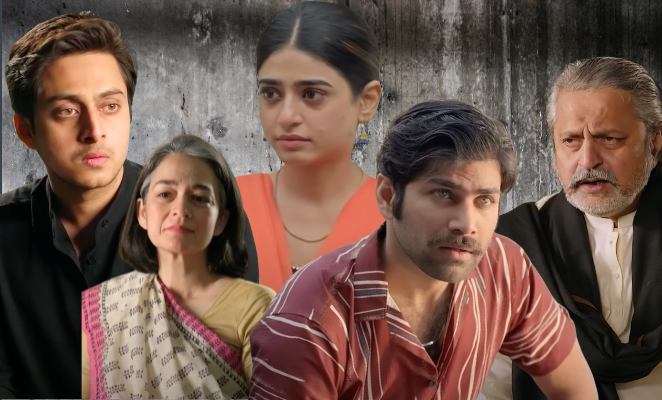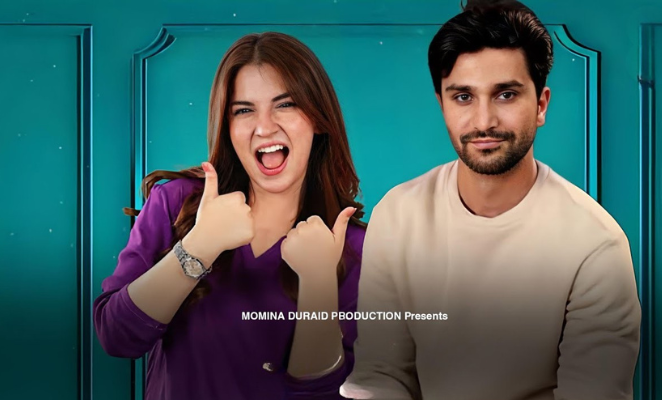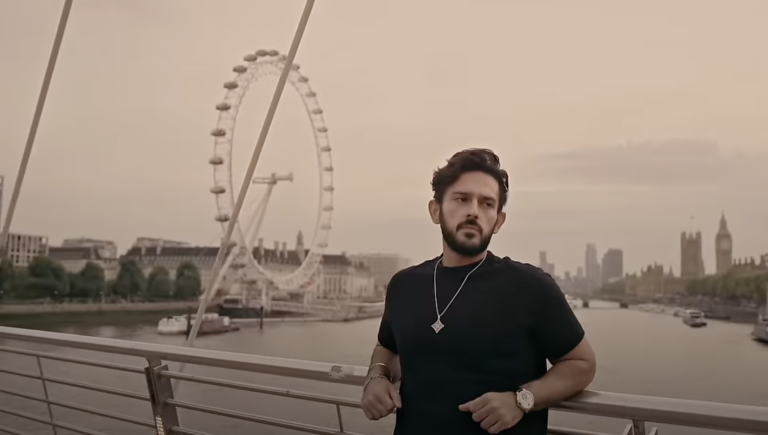Hum TV’s Dil Wali Gali Mein, starring Sajal Ali and Hamza Sohail, had all the makings of something special. It was a slice-of-life story about real people navigating real struggles.
At least, that’s what it should have been.
Mujji and Deeju, two people madly in love, trying to get married despite family resistance. And yet, by the final episode, they’re back in court—not to fight for their love, but to end it. A full-circle moment, sure, but why? What went so wrong? The drama never really tells us.
By the time the divorce proceedings wrapped up, the show expected viewers to root for reconciliation. The problem? Deeju’s erratic behaviour were so unsettling that audiences found themselves actively hoping for the breakup instead. Dil Wali Gali Mein drowned in unnecessary love triangles, half-baked conflicts, and Deeju’s unhinged rage that made audiences actively root for Mujji to run for the hills.
What went wrong?
Breaking Toxic Patterns (or starting your own?)
Deeju and Mujji choose to break away from the traditional family structure, carving out a life on their own terms.
When Deeju’s mother chastises her for not knowing how to compromise, it feels like the usual script: A daughter being told to bend, to shrink, to make it work no matter the cost. But then, something unexpected happens—her father interrupts. Why should she compromise? Why should she suffer in silence? He is proud of his daughter, even as she stumbles, even as she makes mistakes.
It was an electric moment by writer Zafar Mairaj. If Dil Wali Gali Mein had stayed with the messy, real work of building something different—it could have been groundbreaking.

Deeju’s unhinged reactions
Deeju is a flawed, complicated heroine. At one point, she falsely accuses Mujji of domestic violence. Her unprovoked arguments went way beyond passionate love. It’s hard to sympathise with this erratic behaviour that is finally just shrugged off with the toxic justification: “The greater my love, the greater my anger. “
No. That’s not love. That’s a red flag the size of Karachi. Mujji didn’t need a reconciliation. He needed therapy. And possibly, a restraining order.
The Most Shameless Product Placement in Recent Memory
Somewhere along the way, Dil Wali Gali Mein stopped being a drama and became an extended commercial break. There was no escape—whether it was shampoo, detergent, or sharbet the show stuffed product placement into every possible frame. The emotional weight of the scenes was completely undercut by these awkward brand shout-outs. Maybe love story in the drama was between the producers and their sponsors.
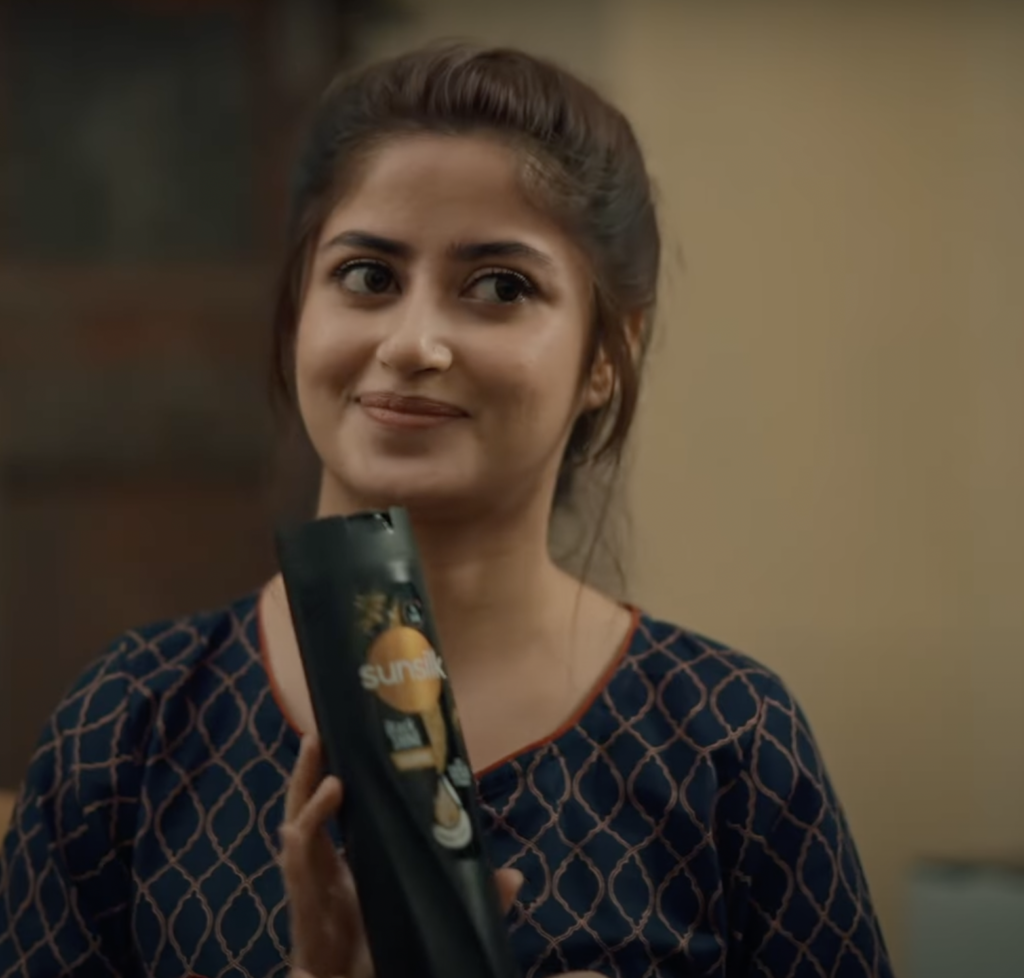
Land mafia laziness
For a brief, glorious moment, Dil Wali Gali Mein hit on something real. The land mafia subplot where hardworking families were being swindled out of their booked apartments was genuinely compelling. It was topical, relevant, and felt like something you’d read about in the news.
And then… they made the villain the woman whose plot was stolen.
Cue Deeju literally ripping a tasbeeh (prayer beads) from an old woman’s hands while Mujji accused her of playing the woman card. The show took a meaningful, socially relevant issue and turned it into a bizarre, logic-defying mess.
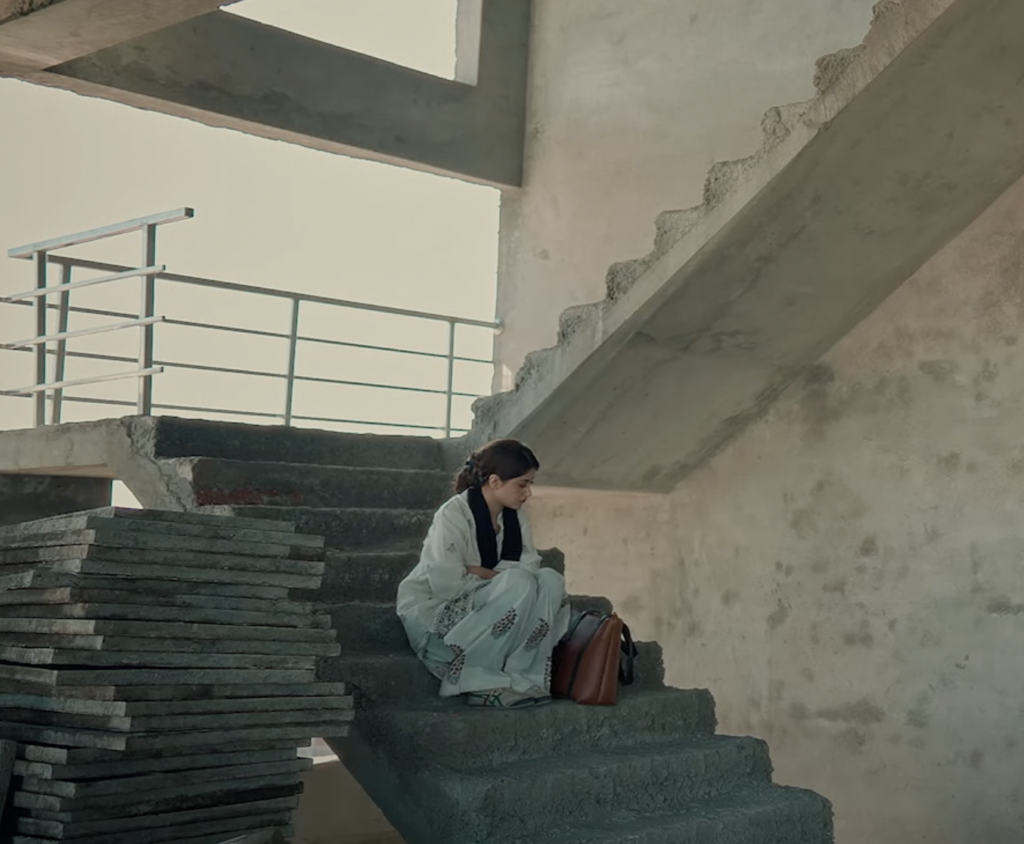
So Many Love Triangles
If a couple has problems, why work through them when you can just… throw in an ex? Or two? Or three? Instead of fleshing out Mujji and Deeju’s actual compatibility issues, Dil Wali Gali Mein wasted time on love triangles that did nothing but pad the runtime and test our patience. Despite constant reassurances our lovebirds are constantly bickering over their exes/friends.
No Emotional Follow-Through
One minute, Deeju is hurling accusations in a courtroom, on the brink of a bitter divorce. The next, they were exchanging sheepish glances like two teenagers in a high school rom-com.
There was no reckoning, no deep dive into why their relationship crumbled. The drama expected viewers to root for reconciliation without ever showing us how or why that would work. After all the screaming, misunderstandings, and courtroom drama, the emotional math just didn’t add up.
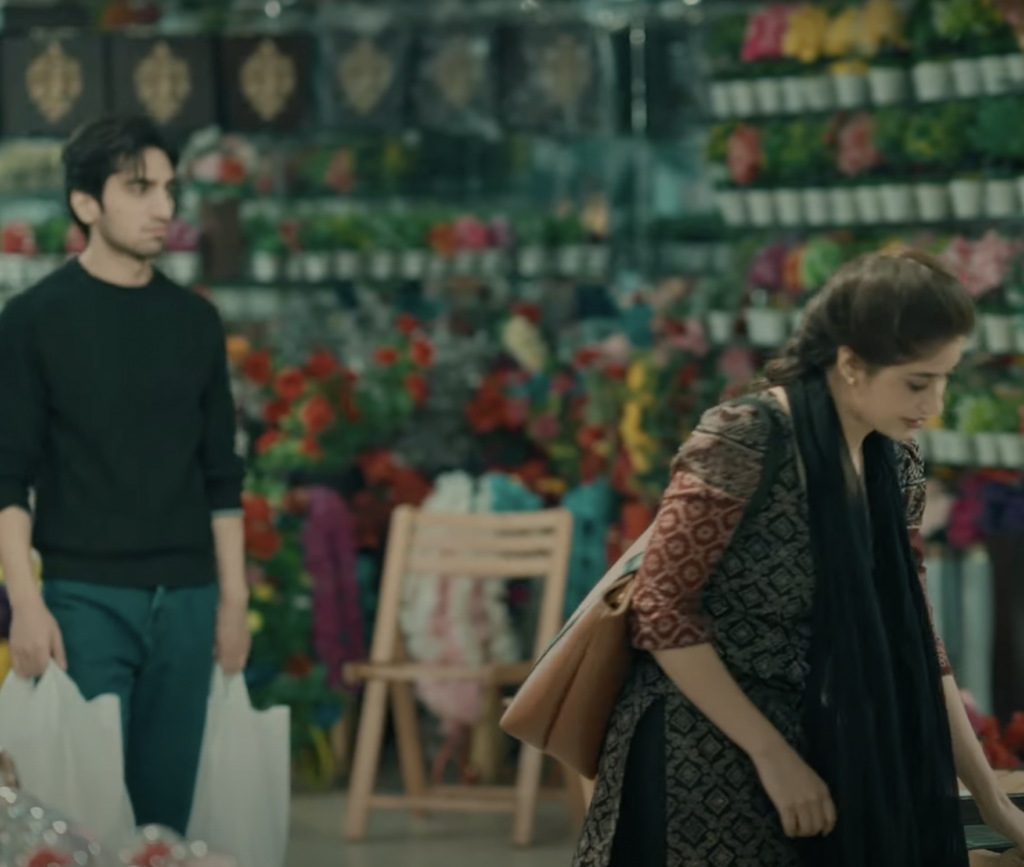
What Did Work: The Chemistry
For all its missteps, Dil Wali Gali had one saving grace—when it stopped trying so hard to manufacture conflict, Mujji and Deeju actually had great chemistry. Their playful banter over the phone, their flirty shopping trips—those tiny, everyday moments felt real. If the drama had leaned into that warmth instead of the theatrics, it could have been something special.
Would we watch Dil Wali Gali again? Absolutely not.
Would we keep ranting about it in group chats? Definitely.
It had potential. But in the end, Dil Wali Gali Mein lost the very thing that made it worth watching: its wide-eyed romance.










 Saim
Saim 

 Naqsh begins today, taking over the Faraar tim
Naqsh begins today, taking over the Faraar tim
